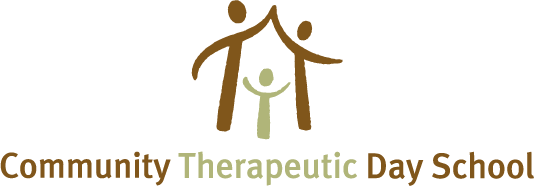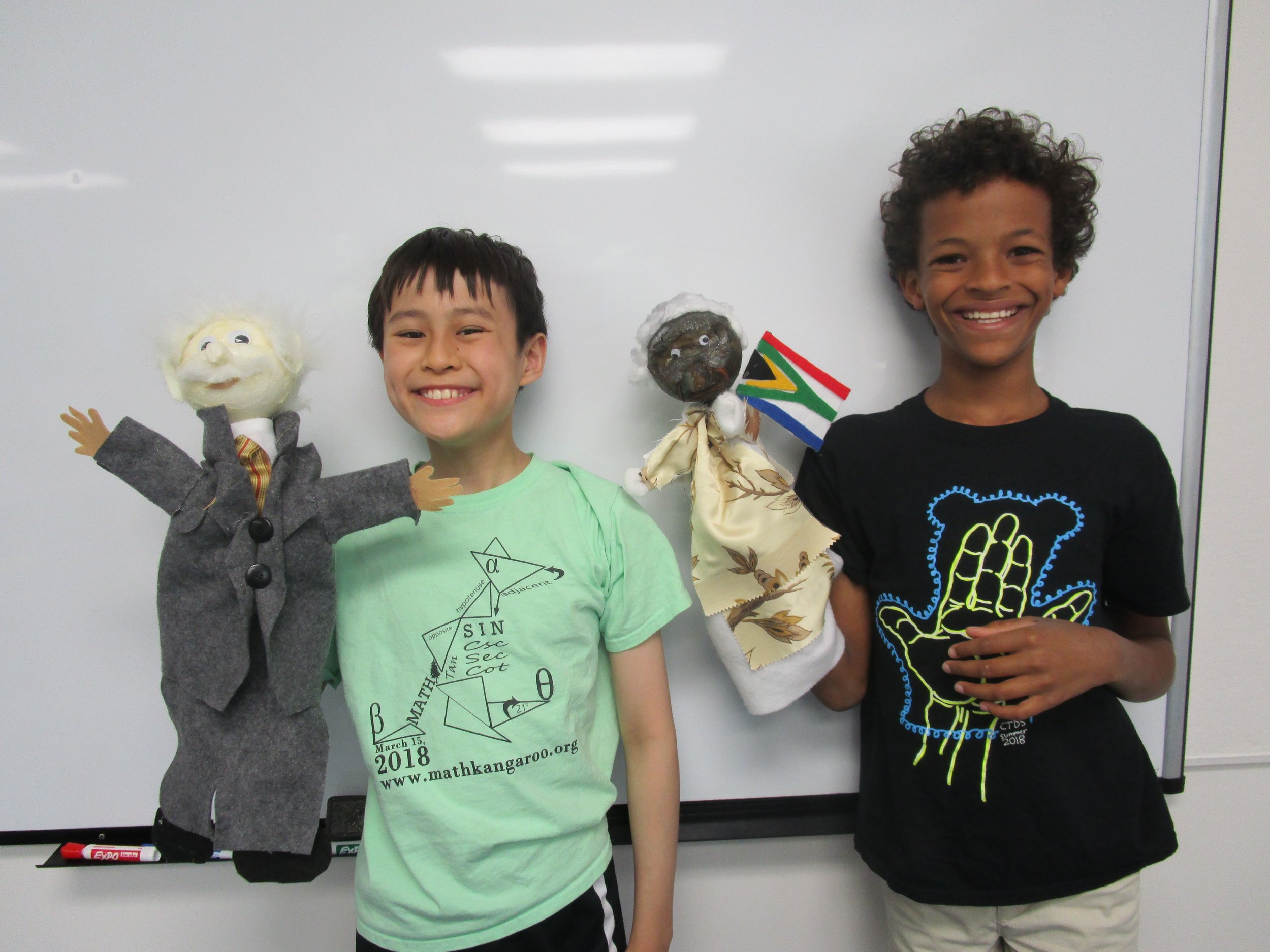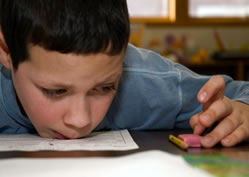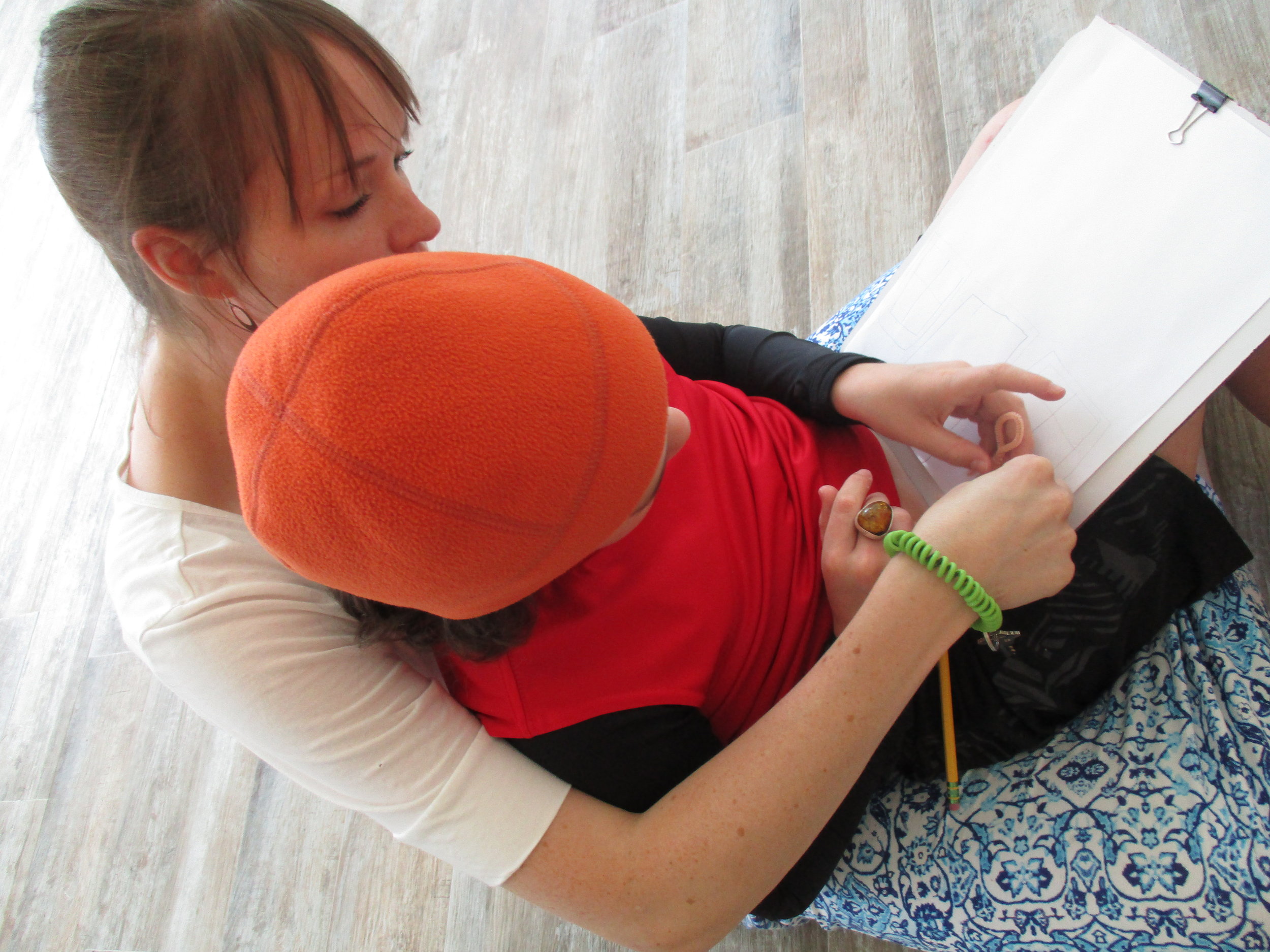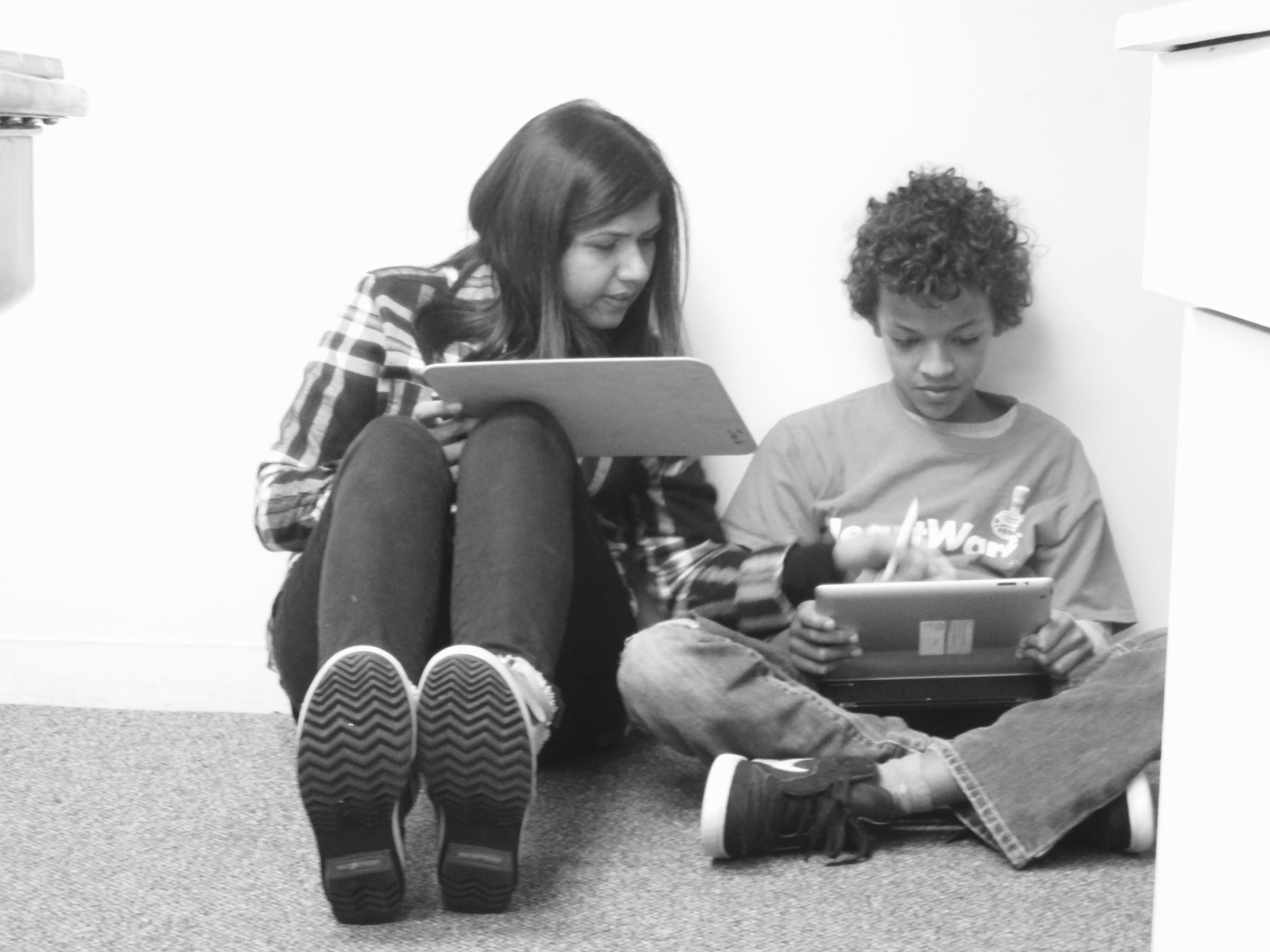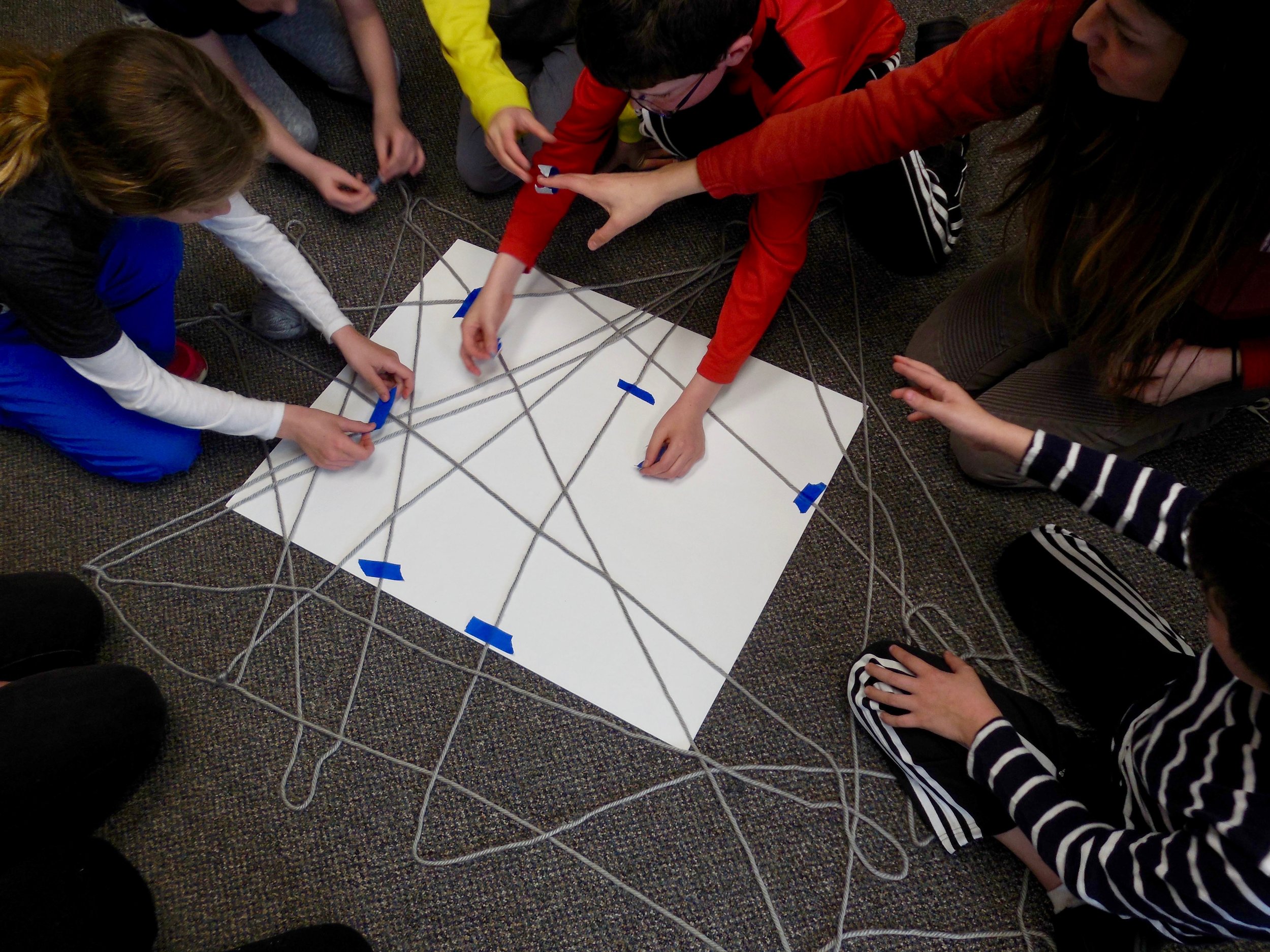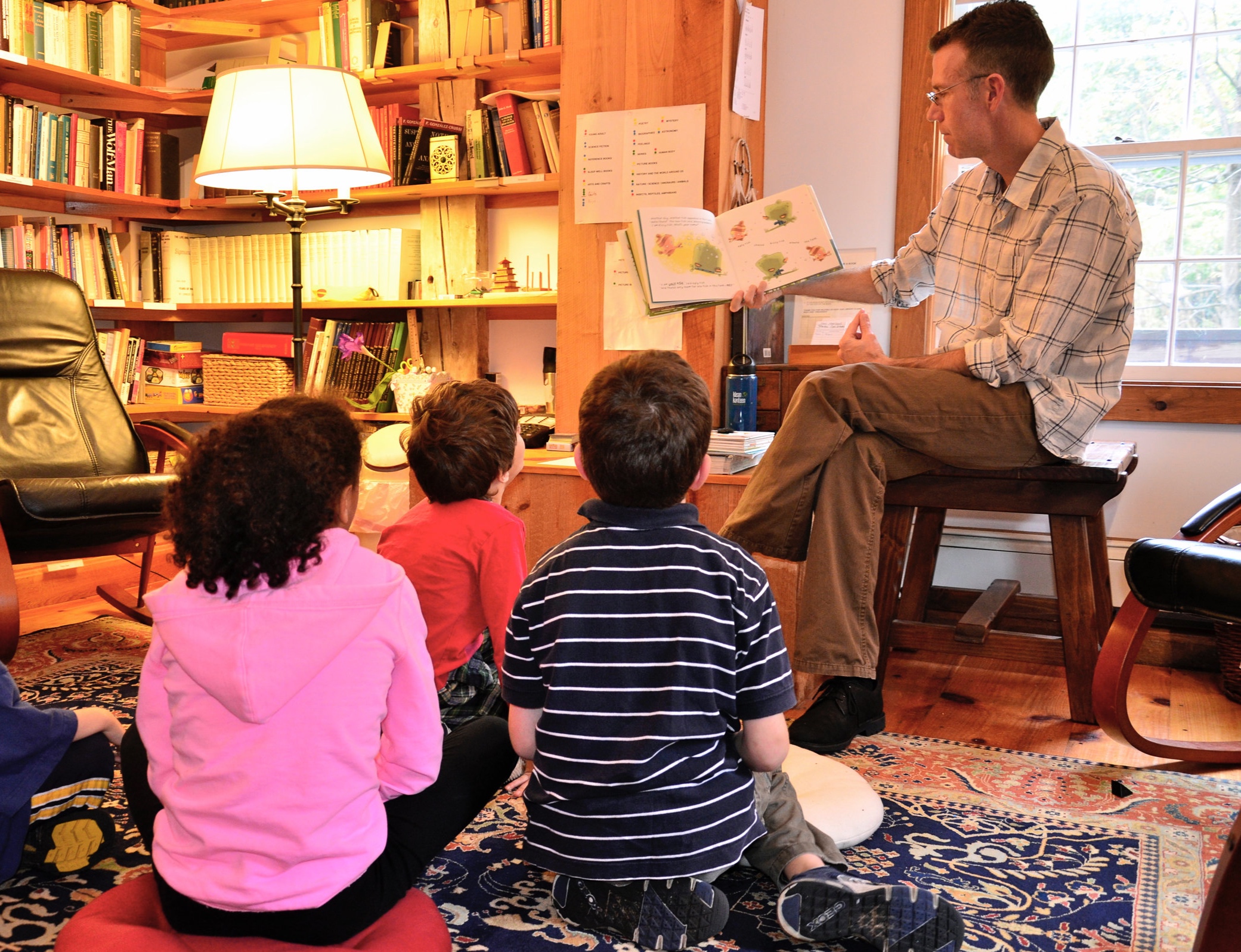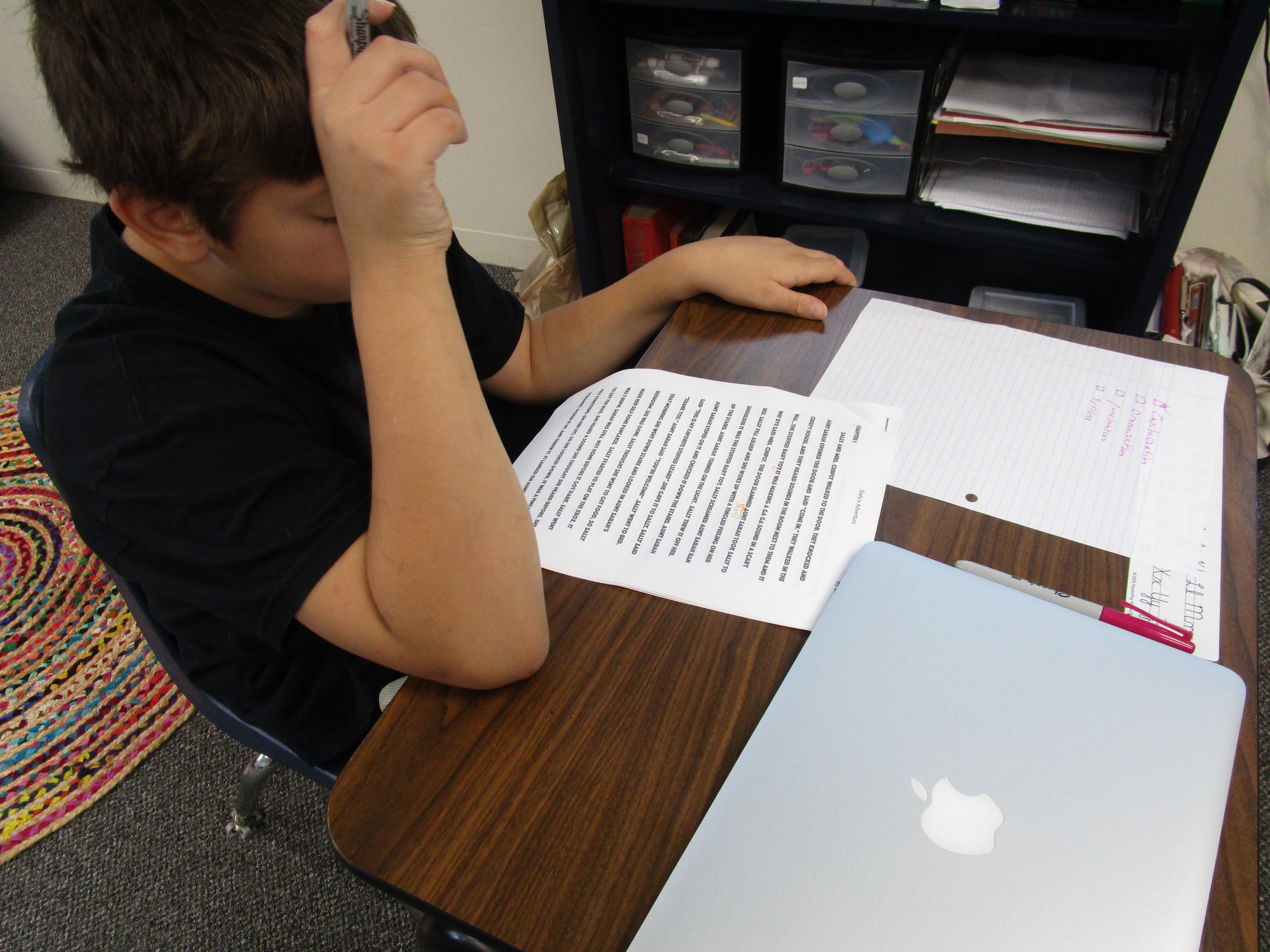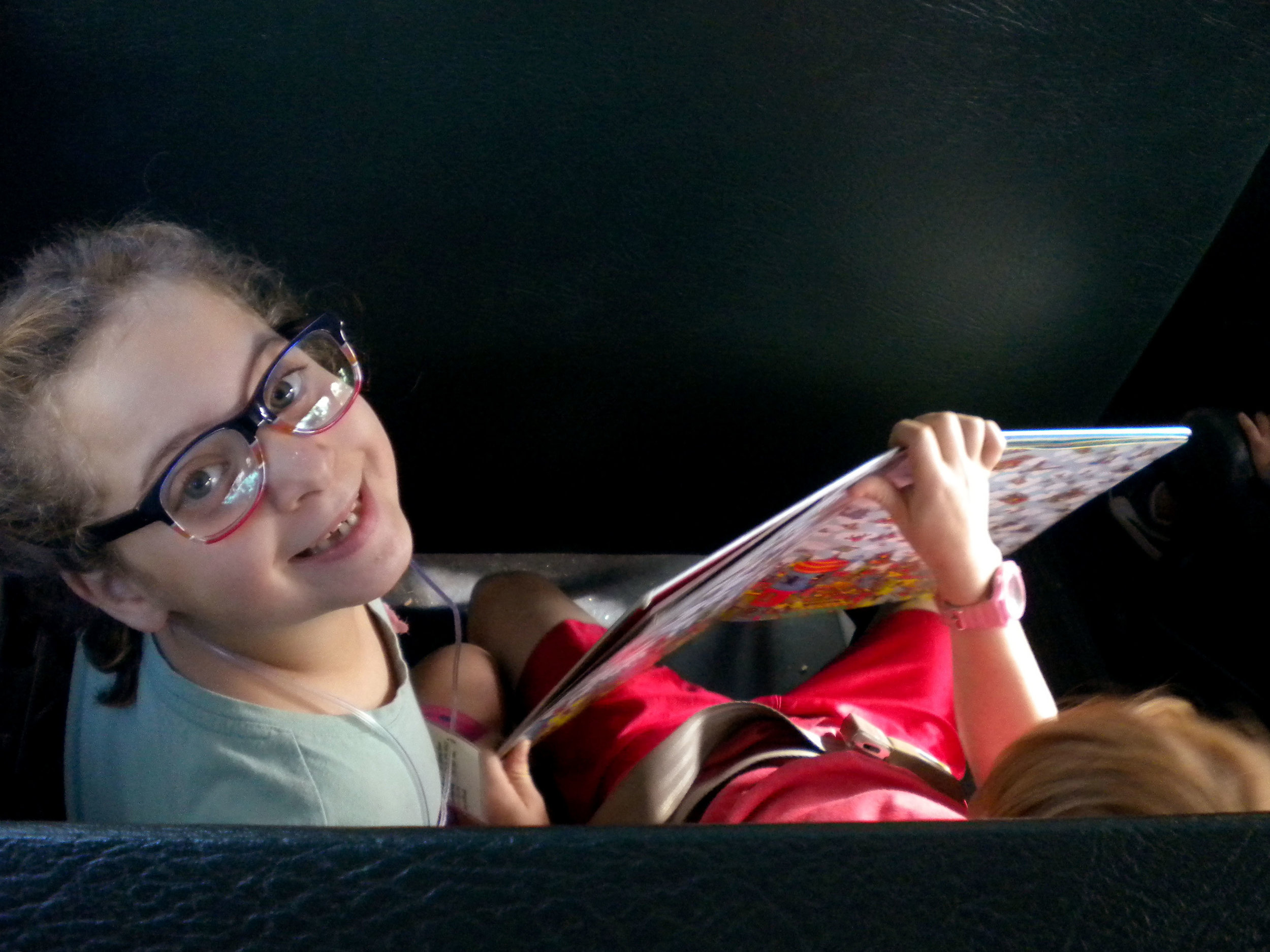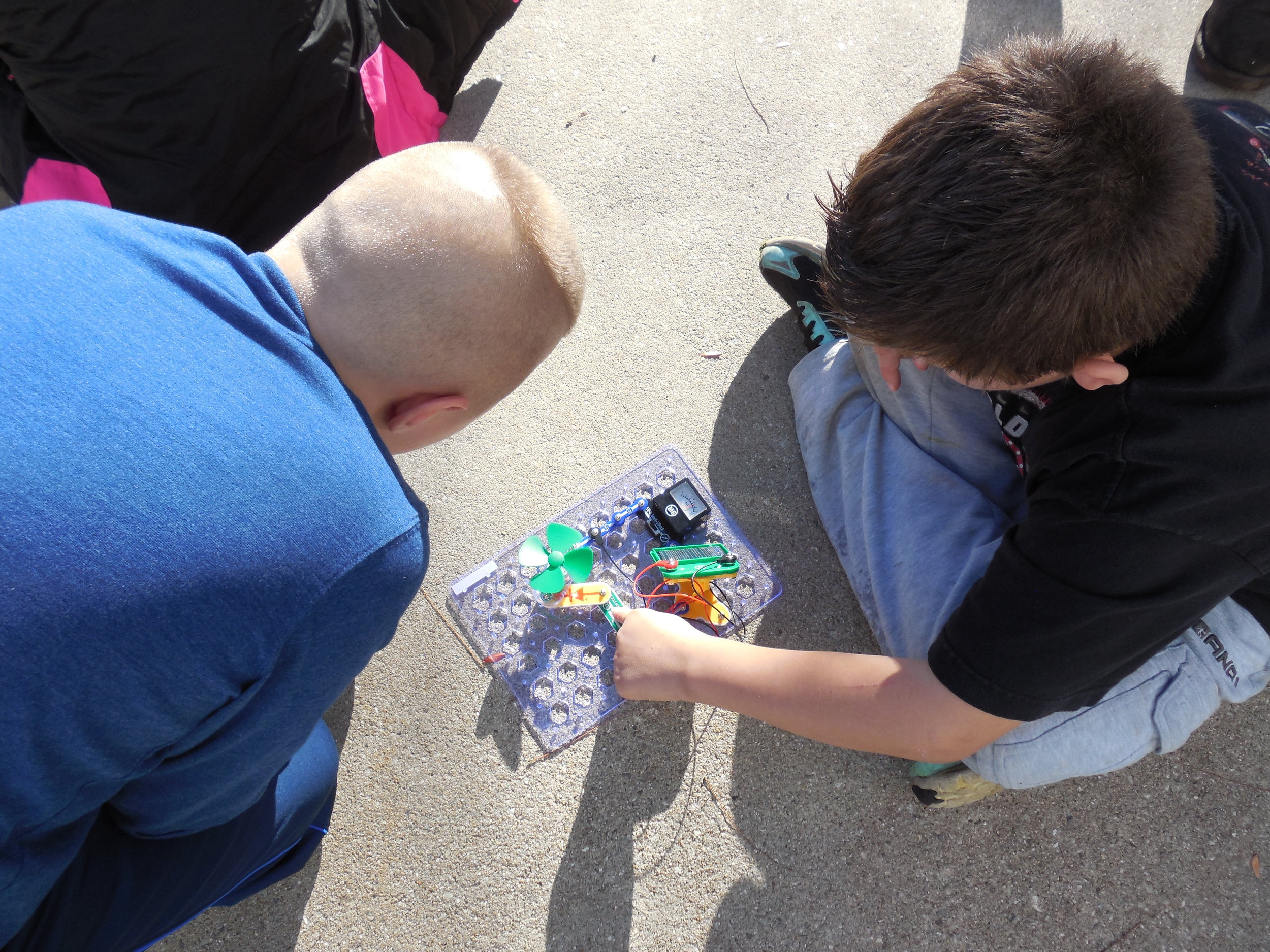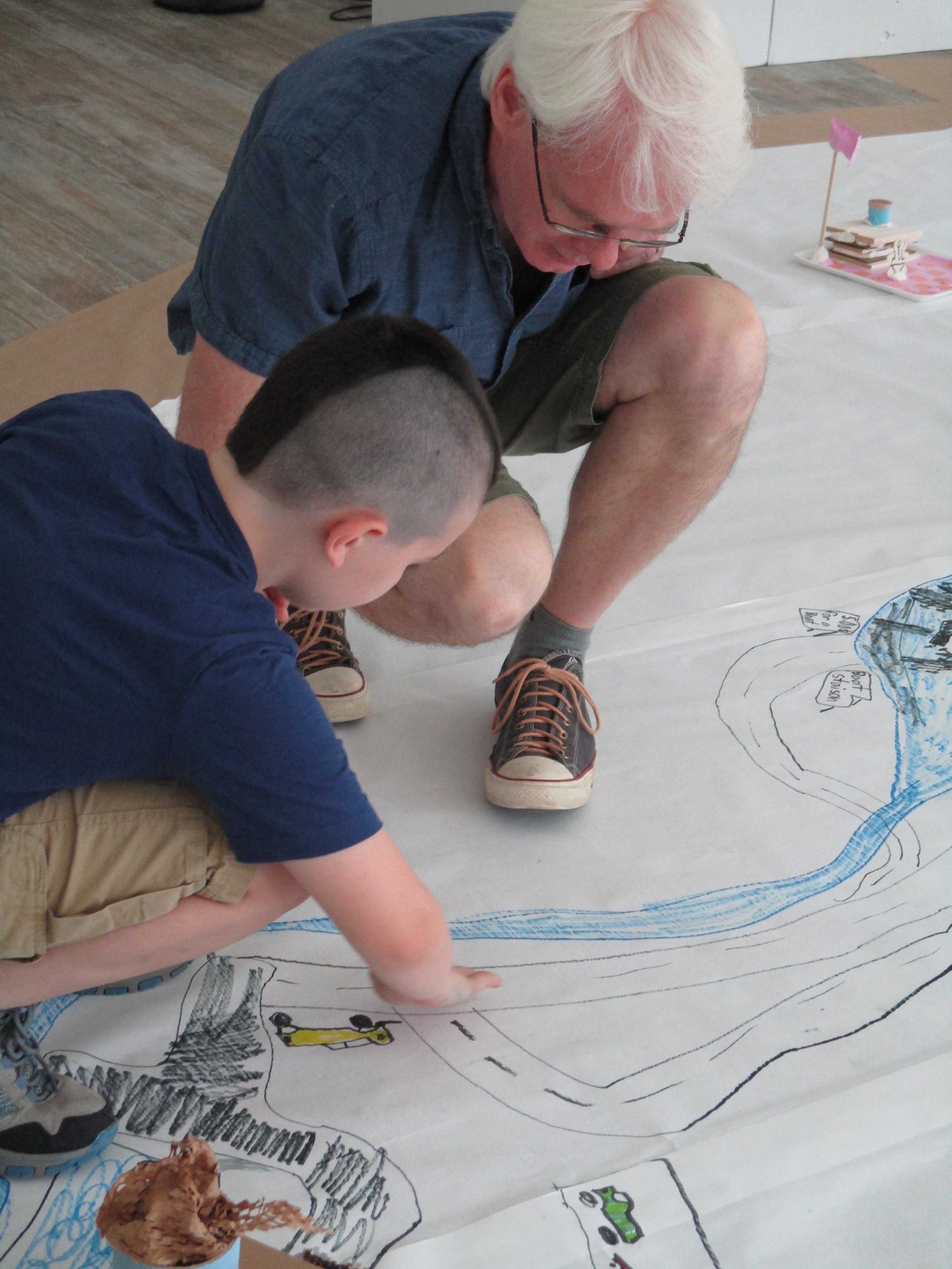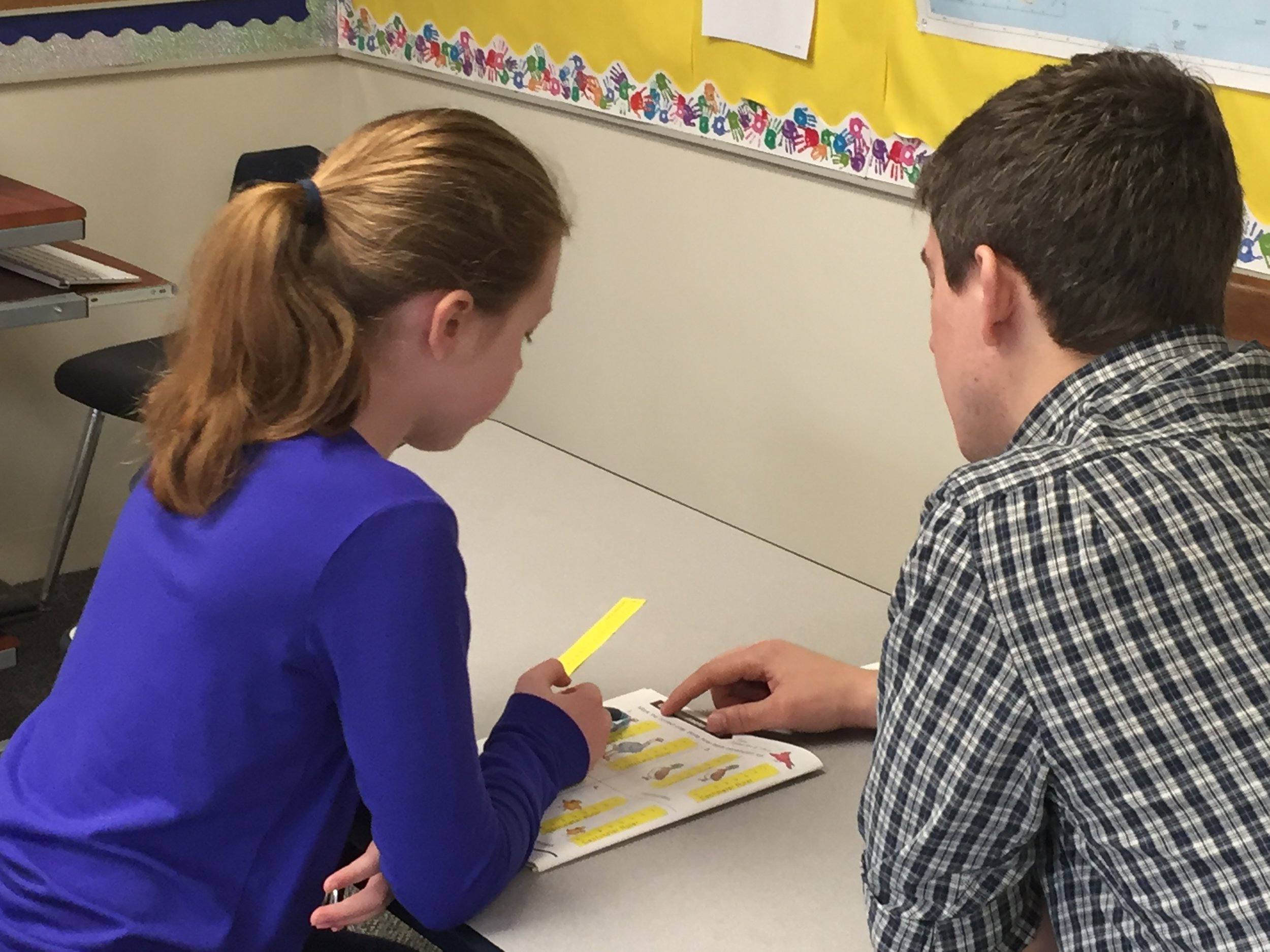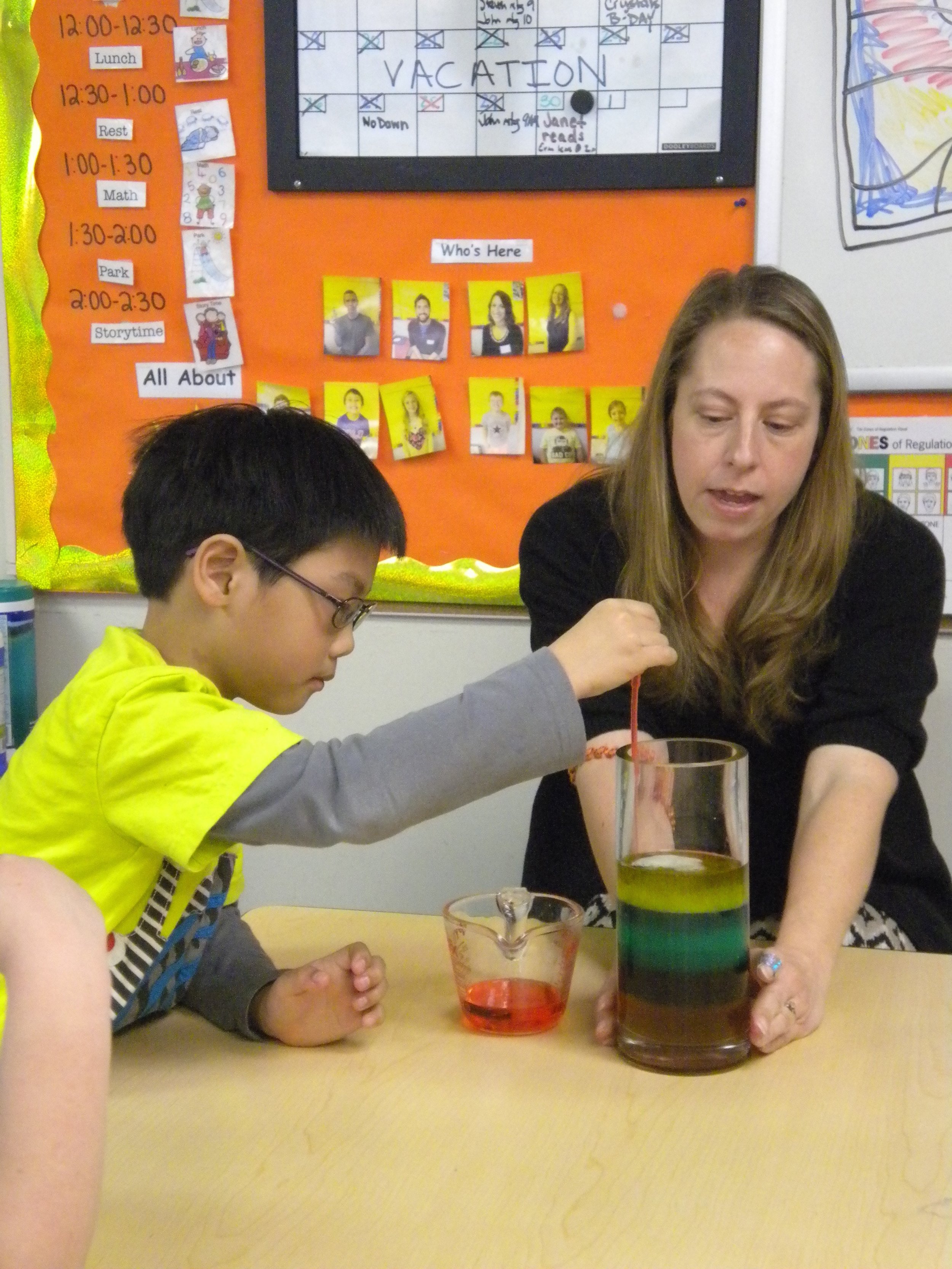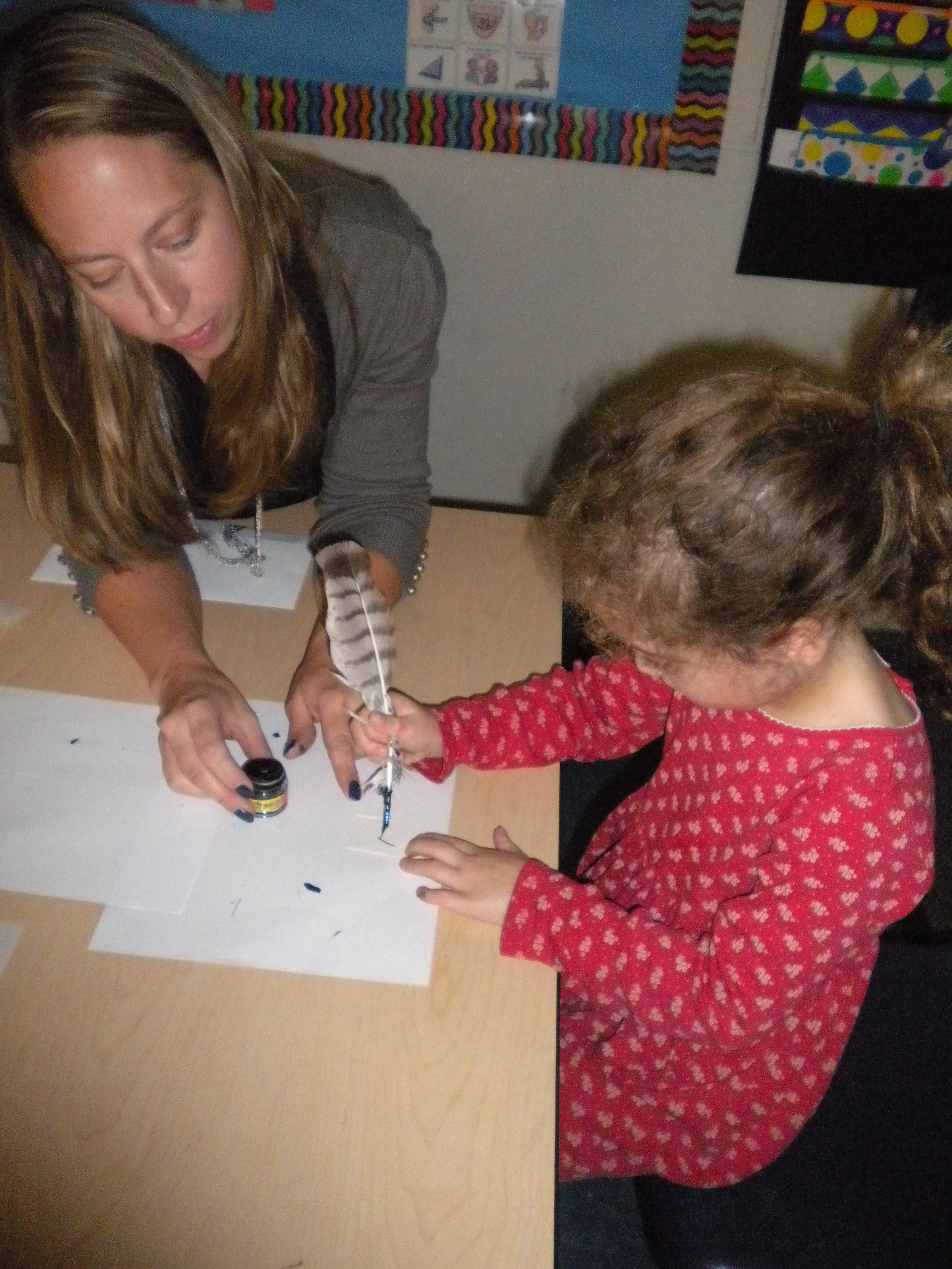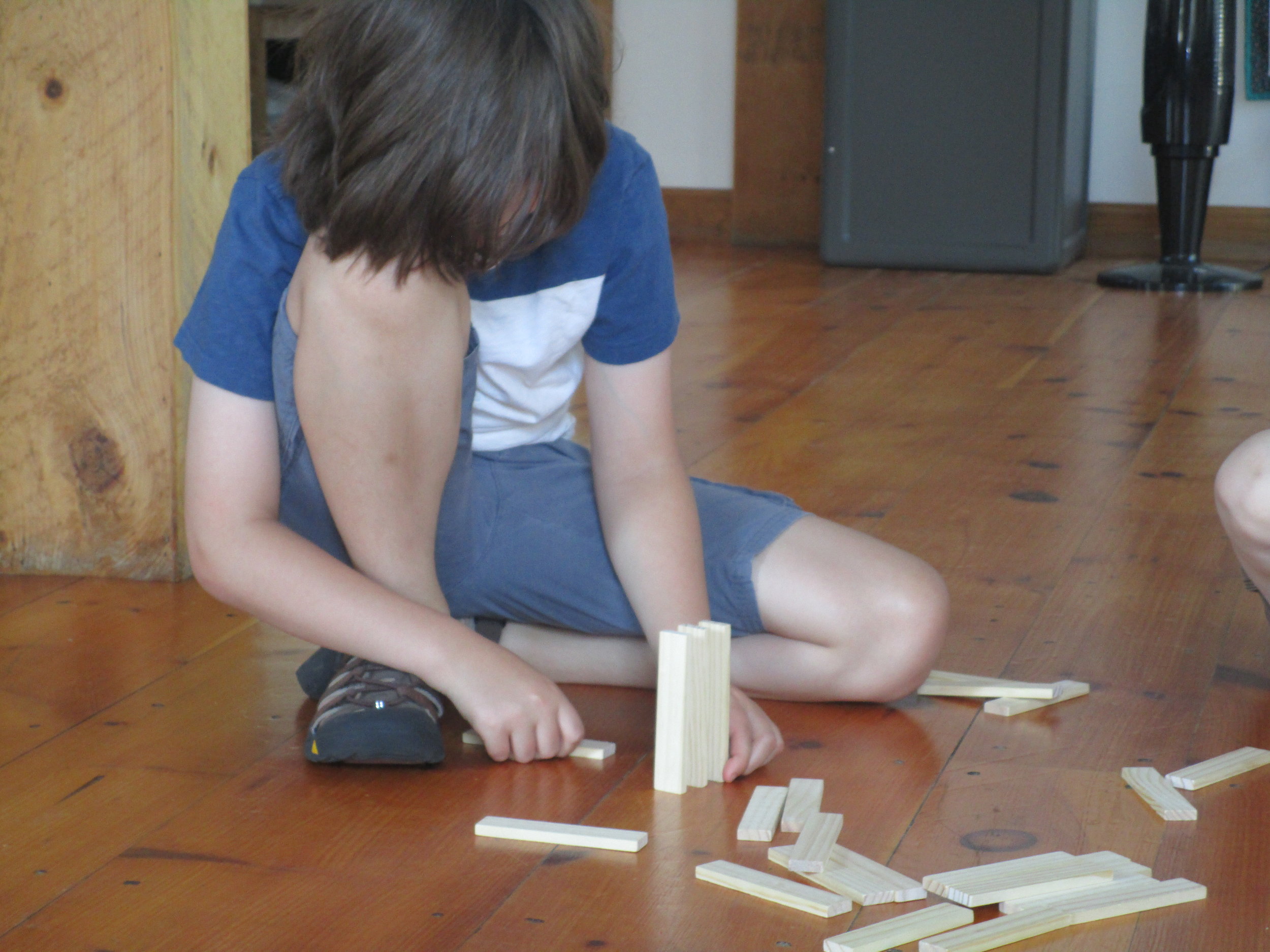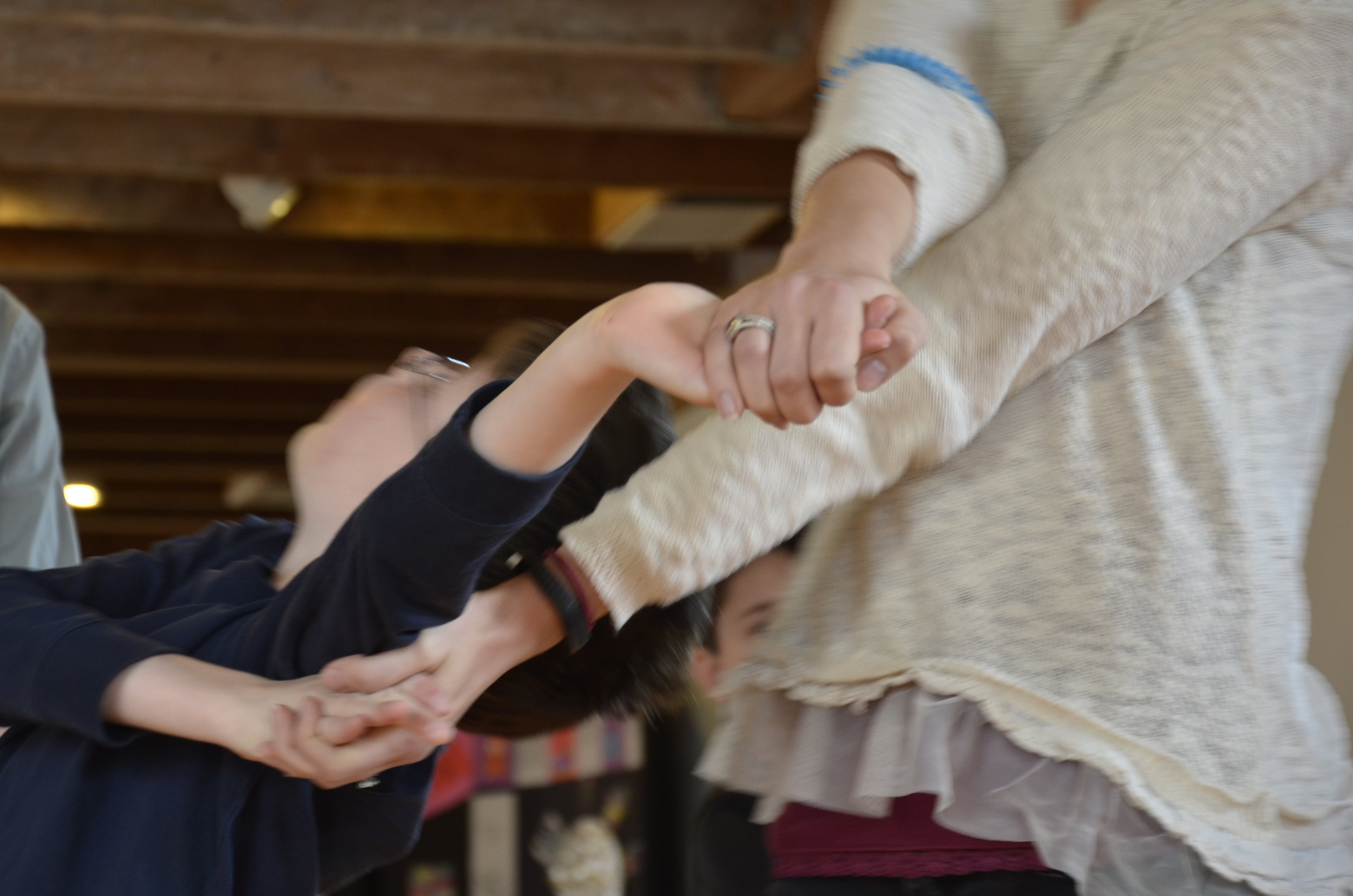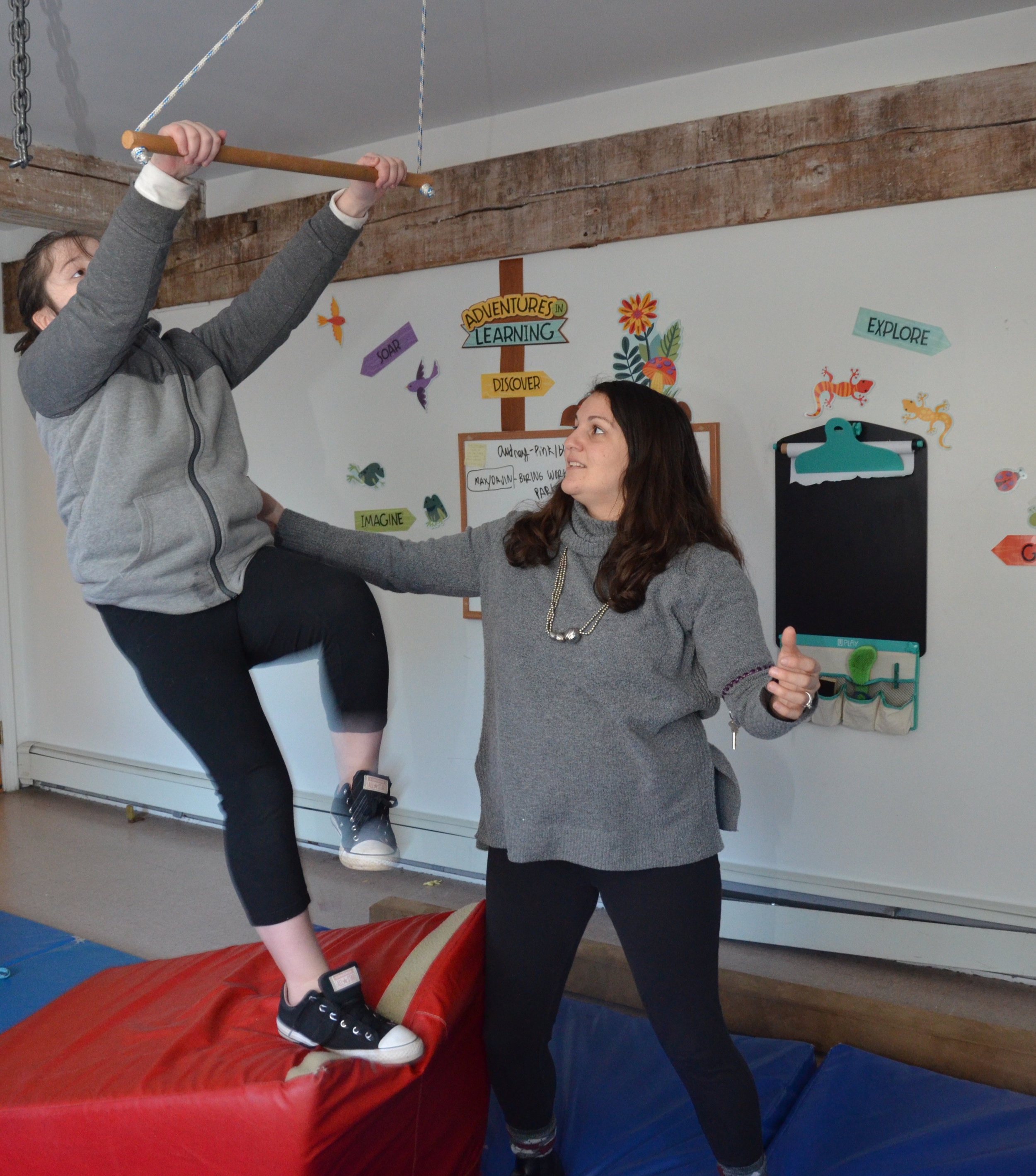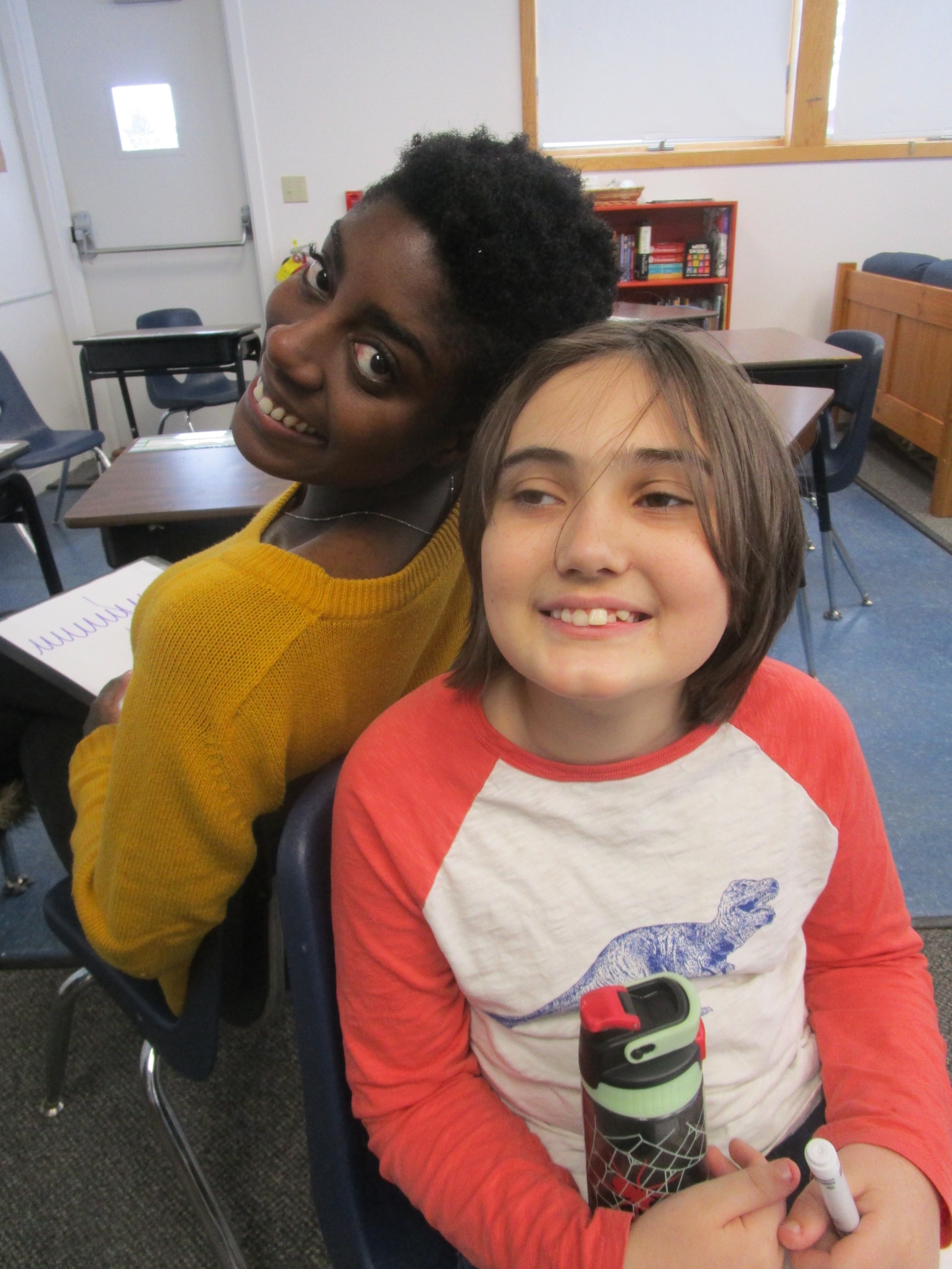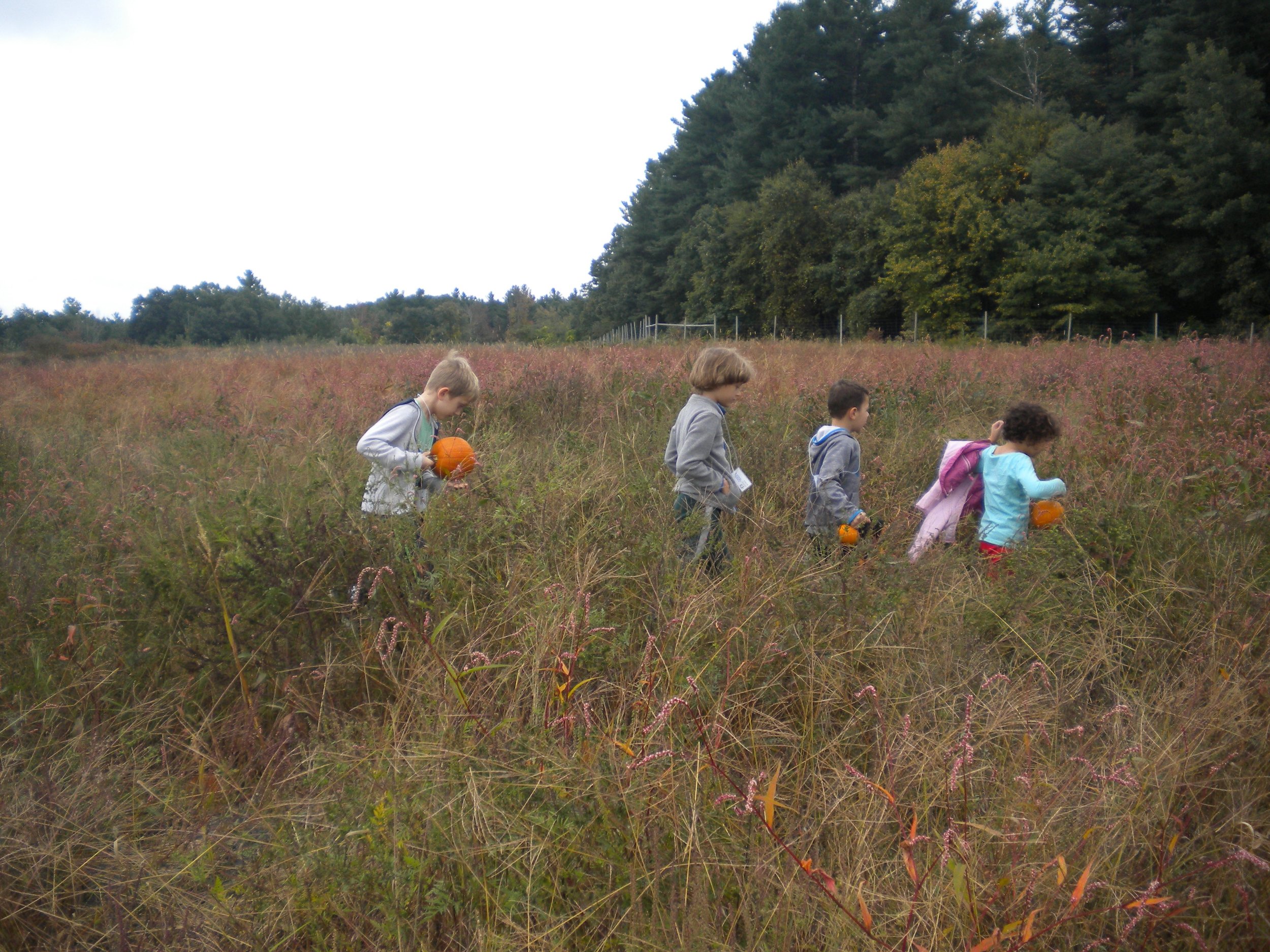Curriculum
At Community Therapeutic Day School, each child's Educational Program is designed to enhance mastery of skills while instilling in students a sense of themselves as competent and capable learners. With respect to individual strengths and challenges, we design curriculum to help each child access academics and build skills toward competence at their own pace.
Overview
Adaptive Physical Education
Alternative Educational Strategies
Arts, Music & Movement
Computer Lab
English Language Arts
Expressive Therapies
Health/Life Skills
History, Social Sciences & World Cultures
Mathematics
Science, Technology and Engineering
Academic Curriculum
Our academic philosophy acknowledges that learning takes place within the significant therapeutic relationship between teacher and child. Our staff is clinically trained to recognize the importance of the interplay between therapy and learning. We determine a child’s ability to work based on our assessment of language competency, the intrusion of thoughts and behaviors, ability to attend and cognitive capacities.
Classes are small and function as a therapeutic milieu. The classroom culture provides children with the safety conducive to exploring their social and emotional world. The constancy of the classroom schedule, the consistency of the classroom rules and an atmosphere of safety and containment facilitate optimal learning. We teach children how to sit still, listen, focus on what is being taught, how to take turns and follow directions. The staff explore feelings, prod, listen, assess, encourage and guide children throughout the course of the child’s day. We encourage critical thinking through questions, discussion and exploration of materials. The child’s capacity for creativity is further enhanced by the interplay between relationships, ideas and objects. Success in the classroom leads to a feeling of accomplishment and, in turn, leads to further growth and enhanced self- esteem.
The Community Therapeutic Day School follows the guidelines of the Massachusetts Common Core Curriculum. The program is individualized and modified to meet the needs of each CTDS child. A library, computers and audiovisual materials supplement classroom learning.
Therapeutic Curriculum
We may define therapy as “healing” or “treatment”. In this medium we look to provide therapy to heal, cure or ameliorate an ailment or condition. What do we mean by Therapeutic Education? The educational process goes back to Socrates and his Academy in Athens 2500 years ago. The word education from the Latin means to “draw out”. Socrates, through dialogue, challenged his students continuously to “draw out” their thinking, their ideas and their exposition. But this drawing out of ideas is not a natural process for all types of learners. Where does this process of acquisition of knowledge fail? Where does education fail to proceed so that in the most elementary places - reading, writing, mathematics, and intellectual curiosity, the child fails to obtain the basic building blocks? Therapeutic education looks beyond the pure education of the child and looks to find where the educational process is failing or has taken a wrong turn.
The challenge is to understand where the process breaks down, be it cognitive, physical, linguistic, social and/or psychological. These blocks or impasses which hinder the acquisition of knowledge and process of education can lead to dysfunctional development and sometimes disturbing behavior. The therapeutic aspect of education is the process of healing, addressing the impediment, ameliorating or bypassing the educational blocks to allow education and development to proceed. Before healing begins a problem must come to be known and examined.
Adaptive Physical Education
The Adaptive Physical Education classes involve cooperative, noncompetitive games with an occupational therapy orientation that focuses on gross motor development. In these games the children are encouraged to achieve their personal best. Each individual is measured by the child’s success, mastery and contribution.
Expressive Therapy
The expressive arts provide a vehicle through which the child can experience the interplay of form and feeling using the modalities of movement, drama, art, music or creative writing. Each modality can be therapeutic in itself as it is a means of expression, mastery and enjoyment. Exploring one’s creativity helps bridge the gap between the inner experience and the outer world. The expressive therapist, working with a child individually or in a group, creates a supportive environment where positive relationships are formed. The success of the interplay between expression and feeling enhances the child’s self-esteem.
Occupational Therapy
The occupational therapist works with children individually and in small groups, as well as consults with parents and classroom teachers to help children strive towards functional independence. Sensory integrative principles and techniques are used to assist with body based regulation, body awareness and gross motor and fine motor skill development. Additionally, treatment focused on living skills, such as expanding restricted food interests, grooming and hygiene, and community skills may be introduced based on students’ specific needs.
Psychotherapy (Individual & Group)
Psychotherapy for children was developed in the early 1900’s. The process aims to establish a relationship between child and therapist through which the child can safely explore those emotional blocks interfering with development. Within the context of a trusting relationship, the child engages in symbolic play and communicates the complexities of his internal emotional experience. In psychotherapy, the child is given the opportunity to: establish a relationship with the therapist, make important connections to his internal experience, work through areas of emotional conflict, and move toward a more understood and healthier life.
At CTDS we help children to understand their feelings and how they have been affected by neurologic disabilities and developmental experience. We enable them to make positive changes, to grow as individuals and develop their potential. At CTDS we believe that psychotherapy facilitates the awareness and appreciation of the self and increases the capacity for empathy towards others.
Speech and Language Therapy
The children attending our program exhibit a full range of communication disorders including those involving language comprehension, expression and articulation speech disorders. Speech and language disorders may be the result of neurological impairment, physical impediment or environmental factors. Disorders may affect the social/emotional and academic needs of the student and have an impact on their attainment of educational and personal goals. Community Therapeutic Day School offers speech and language diagnostic evaluations and individual and classroom group therapy to address each child's communication and academic needs. Articulation, language comprehension, social pragmatics and processing are areas of treatment both individually, in dyads and within the classroom groups.
Accreditation
The Community Therapeutic Day School follows the guidelines of the Massachusetts Common Core Curriculum. The program is individualized and modified to meet the needs of each CTDS child. A library, computers and audiovisual materials supplement classroom learning. Affiliations: Massachusetts Department of Elementary and Secondary Education (DESE), Massachusetts Association of 766 Approved Private Schools (MAAPS), University of Massachusetts Medical School.
"CTDS helped me realize that nothing was broken about my boy. He just processes the world differently than I do."
—Parent
